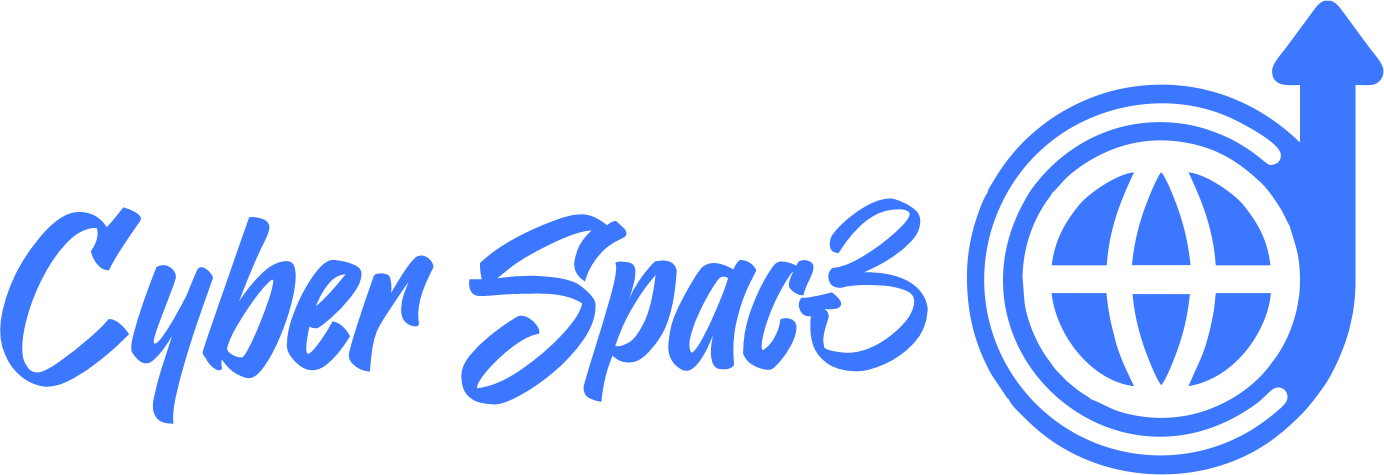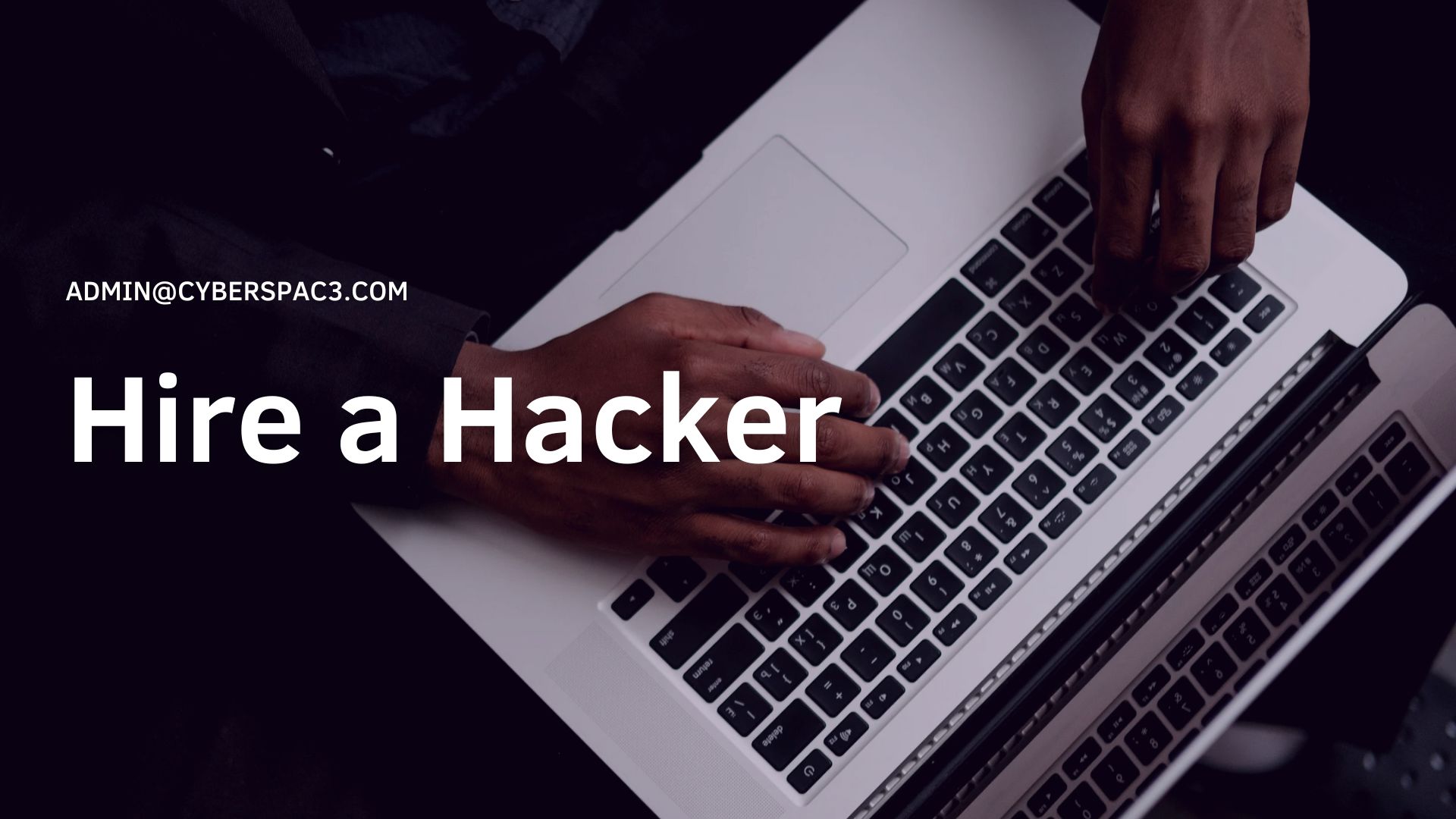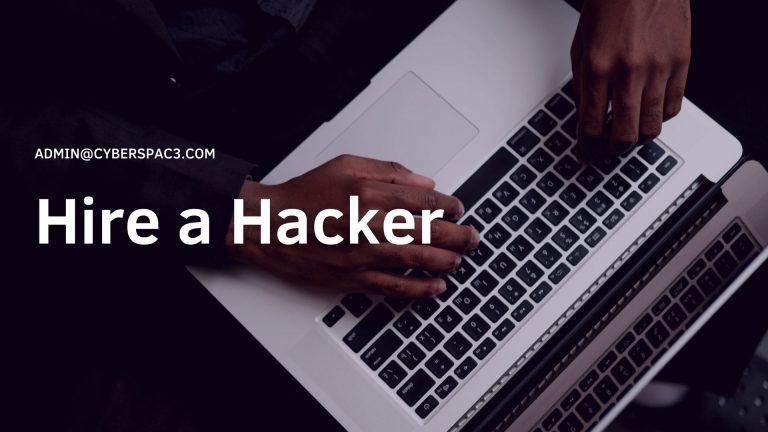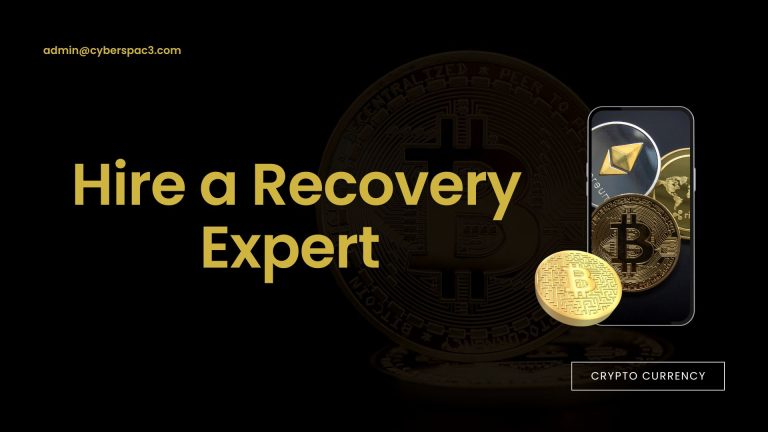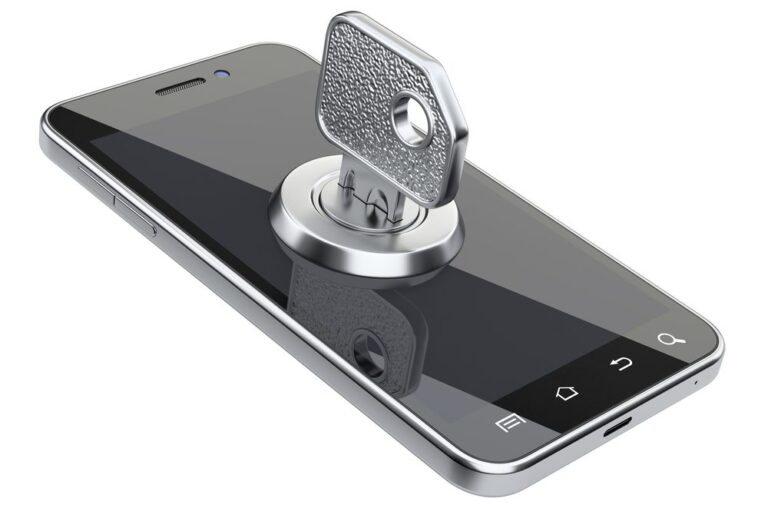Hire a Hacker to Catch a Cheating Spouse: The Ethical, Legal & Effective Way
Hire a hacker to catch a cheating spouse discreetly. Cyberspac3 delivers ethical digital forensics, uncovering the truth with trusted evidence you need. Suspecting that your partner is being unfaithful is painful. It’s easy to feel lost, distrustful, and unsure. Many people try confronting their partner or hiring a traditional private investigator, but those paths often bring more questions than answers. In the digital age, however, much of our lives leave behind footprints. Messages, metadata, cloud backups, and device usage logs can provide clarity with undeniable proof.
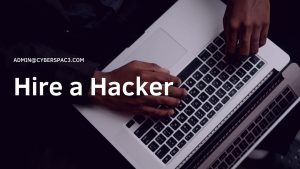
When done properly, hiring a hacker or more accurately, employing digital forensics and ethical hacking can offer solid evidence, legal weight, and emotional resolution. At Cyberspac3, we are the world’s leading digital forensic firm, specializing in discreet, ethical, and legally defensible investigations. This guide explains how this process works, what rules govern it, how to stay safe, and what to do with proof when you have it.
Why People Seek Digital Evidence
Emotional Clarity and Peace of Mind
Doubts can erode one’s ability to trust and sleep well. Having credible, objective proof rather than relying on guesswork helps many make informed decisions about their relationships.
Legal Value in Divorce, Custody, or Settlements
Infidelity can matter in divorce or legal separation, especially regarding custody battles, spousal support, or division of assets. Courts look for admissible evidence: what was said, when, and how it was stored or communicated.
Digital forensics can supply such evidence: timestamps, metadata, device logs, communications records. But legal systems have strict requirements that must be met for digital evidence to be accepted in court (see below).
What Ethical Digital Investigations Actually Entail
Ethical vs. Illicit Hacking
-
Ethical hacking / digital forensics refers to investigations carried out with consent, authorization, respect for privacy, and adherence to laws.
-
Illegal hacking or black-hat activity involves breaking into systems without consent, violating privacy, or other illicit acts. Such methods risk legal repercussions and often produce tainted or inadmissible evidence.
Sources:
-
Ethical hacking is legal when there is explicit authorization and adherence to relevant law.
-
Conduct must follow industry standard frameworks and contractual agreements
Tools, Methods & What They’re Good For
Without sharing methods that would encourage wrongdoing, here are the types of tools and techniques a reputable firm like Cyberspac3 uses:
-
Device forensics: Examining phones, tablets, computers for deleted data, metadata, call logs, message logs.
-
Cloud & backup recovery: Retrieving data stored in cloud services (with legal access).
-
Social media forensics: Tracking patterns, hidden accounts, messages, posts, or content that’s been deleted but replicable via archives.
-
Network & IP analysis: Detecting unusual patterns in usage, geolocation logs, or device login histories.
-
Time-stamping, metadata verification, log integrity: Ensuring digital content has proper timestamps, showing authenticity, with preserved chain of custody.
Reliability of Digital Forensic Tools
Digital forensics relies heavily on the tools being accurate, reliable, and trusted. Some findings:
-
A systematic review in International Journal of Communication Networks and Information Security looked into reliability and precision of forensic tools. It underscores that tools must be rigorously tested, and tools from reputable vendors with good track records are essential.
-
Another study found that many leading computer forensic tools may not detect certain anti-forensic tactics (methods used to hide or distort data) and that we can’t always rely on tools to catch every hidden trace.
-
The NIST Scientific Foundation Review (2022) documents scientific bases for many forensic methods and calls for standardization and validation of techniques.
These findings reinforce that only experts who use validated tools and adhere to best practices can deliver evidence that holds up under scrutiny.
Legal Frameworks & Admissibility of Evidence
To use digital evidence in court, you must meet several criteria. Evidence might have great emotional impact, but if it can’t be admitted legally, it may be useless in legal proceedings.
Key Legal Principles
-
Authentication
The evidence must be what you claim it is. For example, texts or messages must be shown to originate from the person in question. Courts often require metadata, corroboration, and chain of custody. -
Chain of Custody
Demonstrating who collected the data, how it was stored, when moved, copied, or analyzed is crucial. Any gaps can lead to challenges that evidence is altered or unreliable. -
Legality of Acquisition
Evidence obtained illegally (without consent, or in violation of privacy or hacking laws) may be thrown out, depending on jurisdiction. Ethical forensic firms only work with lawful methods..-
Lorraine v. Markel (U.S.) underlines admissibility and authentication of digital evidence. Wikipedia
-
Gates Rubber v. Bando Chemical emphasizes that electronic evidence must be collected using proper standards and experts’ qualifications matter. Wikipedia
-
Riley v. California (2014) clarified constitutional limits on searching cell phones without warrants. Wikipedia
-
Risks of Hiring the Wrong “Hacker” or Forensic Provider
It’s not enough to just hire someone who claims they can get you data. Doing it wrong can destroy your chances of using that evidence or worse, expose you to legal liability.
Common Risks
-
Scams and fraudulent actors who promise impossibilities or illegally obtained data, then disappear.
-
Illegal practices, such as hacking without consent, violating wiretap or computer misuse laws. That can lead to criminal charges.
-
Evidence that is inadmissible or unreliable, due to poor handling, weak toolchains, missing chain of custody.
-
Emotional and privacy harm, if data leaks, or personal information is misused.
How to Vet a Reputable Forensic Firm
-
Check credentials, certifications, and client references.
-
Require compliance with recognized standards (e.g. ISO/IEC 17025 for lab accreditation, NIST guidelines).
-
Transparent methodology: how data is collected, handled, stored, reported.
-
Clear contracts, non-disclosure agreements (NDAs), verification of legality.
-
A solid track record of admissibility of their evidence in court.
Why Cyberspac3 Is Global Leader in Digital Forensics

At Cyberspac3, we don’t just talk the proof is in our process, results, and reputation. Here’s what sets us apart:
-
World-class Experts & Certifications
Our team includes digital forensic scientists, legal experts, and certified ethical hackers trained under global standards. We follow best practices per NIST, ISO, and other forensic science authorities. -
Validated Tools & Rigor
Only tools with peer-reviewed reliability and long-term proven performance are used. We ensure metadata integrity, chain of custody, anti-tamper measures. -
Strict Ethical & Legal Compliance
Every investigation begins with explicit consent from client. We ensure authorization, scope, and privacy protections. We consult legal norms per region to ensure evidence is gathered lawfully. -
Discreet & Secure Handling
Confidentiality is paramount. We use secure data storage, encryption, and limited access; we sign NDAs; all findings are delivered in professionally formatted reports with clear, usable evidence. -
Proven Results & Legal Admissibility
Our investigations have held up in court across jurisdictions. Our evidence has been used in divorce cases, custody hearings, financial settlements clients have moved forward with confidence because they had proof.
What to Expect When You Work with Cyberspac3
Here’s how a typical infidelity investigation proceeds when you hire us:
-
Free Initial Consultation
We listen to your concerns, what you know, and what you want. We advise on likely evidence, legality, privacy, and what’s possible. -
Agreement & Scope Definition
Everything is documented: what devices or accounts will be investigated, what methods are legal, what proof is needed. You sign a contract agreeing to the scope and boundaries, including privacy terms. -
Investigation Phase
-
Secure gathering of data from devices, cloud accounts, etc.
-
Verification of authenticity (timestamps, metadata).
-
Use of validated tools to detect hidden or deleted data.
-
Maintaining chain of custody throughout.
-
-
Analysis & Reporting
-
We analyze all data; cross-correlate logs; identify suspicious patterns.
-
Prepare a clear, detailed report: what was found, when, how, with supporting evidence (screenshots, logs, transcripts).
-
All technical findings are explained in non-technical language for you and, if needed, your legal counsel.
-
-
Support & Next Steps
– Advice on legal options: how the evidence might be admitted in divorce or custody proceedings.
– Emotional & counseling referrals.
– Keeping your data safe; guidance on what to do (and not do) with evidence once you have it.
What to Do with the Evidence
Having proof can feel like the end, but it’s really the beginning of the next phase.
Legal Uses
-
Divorce or separation: Evidence of infidelity may influence negotiations or court rulings depending on jurisdiction.
-
Child custody: If the cheating involved behaviors that affect child welfare, or created unsafe circumstances, evidence might be relevant.
-
Financial settlement: Hidden assets, misuse of funds, or evidence of secret spending can matter in equitable division of assets.
Personal & Emotional Uses
-
Counseling or therapy: both solo and couples. Evidence can help ground the discussion in facts.
-
Deciding whether to repair or end the relationship, based on what is discovered.
-
Rebuilding trust or setting boundaries, having clarity helps.
Challenges & Limitations You Should Know
-
Even the best tools are not perfect. Anti-forensic tactics (e.g. wiping, encryption, remote deletion) can reduce the completeness of what can be recovered.
-
The legality of some investigative actions depends heavily on your jurisdiction (state, country). What’s legal in one place may be illegal in another.
-
Courts sometimes scrutinize digital forensic reports heavily, especially questioning bias, interpretation, and whether conclusions are over-stated. Studies indicate that examiners’ observations and conclusions can be influenced by contextual bias.
-
Timing matters: delayed action (waiting too long after suspicions) can lead to evidence being destroyed or overwritten.
Real Life Example (Anonymized)
To illustrate how this can play out:
“A client came to us after noticing frequent, private messages on their partner’s phone, odd times, and deleting apps. They had no proof. Using lawful access to the device, forensic recovery found hidden chat backups, archived messages, and photo vaults. Combined with email logs and cloud backups, we provided a report with authenticated metadata. The client used the evidence in divorce proceedings and secured favorable terms.”
This kind of outcome depends on doing everything by the book: proper consent or ownership, valid tools, clear chain of custody, and professional reporting.
Why Taking Action Matters
Living with suspicion is draining. Even if you never use the evidence in court, knowing the truth is powerful. It helps you decide what you want reconciliation, separation, or something in between with a clearer head.
And if legal steps are needed, having high-quality evidence collected ethically ensures you won’t be undercut by someone claiming mishandling or inadmissibility.
Conclusion
If you’re considering hiring a hacker to catch a cheating spouse, what you really need is a firm you can trust the kind that works ethically, legally, and with impeccable technical rigor. That firm is Cyberspac3.
We are committed worldwide to:
-
Using only validated tools and proven procedures
-
Maintaining strict ethical, legal, and privacy standards
-
Delivering evidence that is admissible, reliable, and professionally reported
-
Treating your case with empathy, discretion, and respect
You deserve clarity, truth, and the power to make informed decisions. With the right forensic partner, the path forward becomes much more certain.
